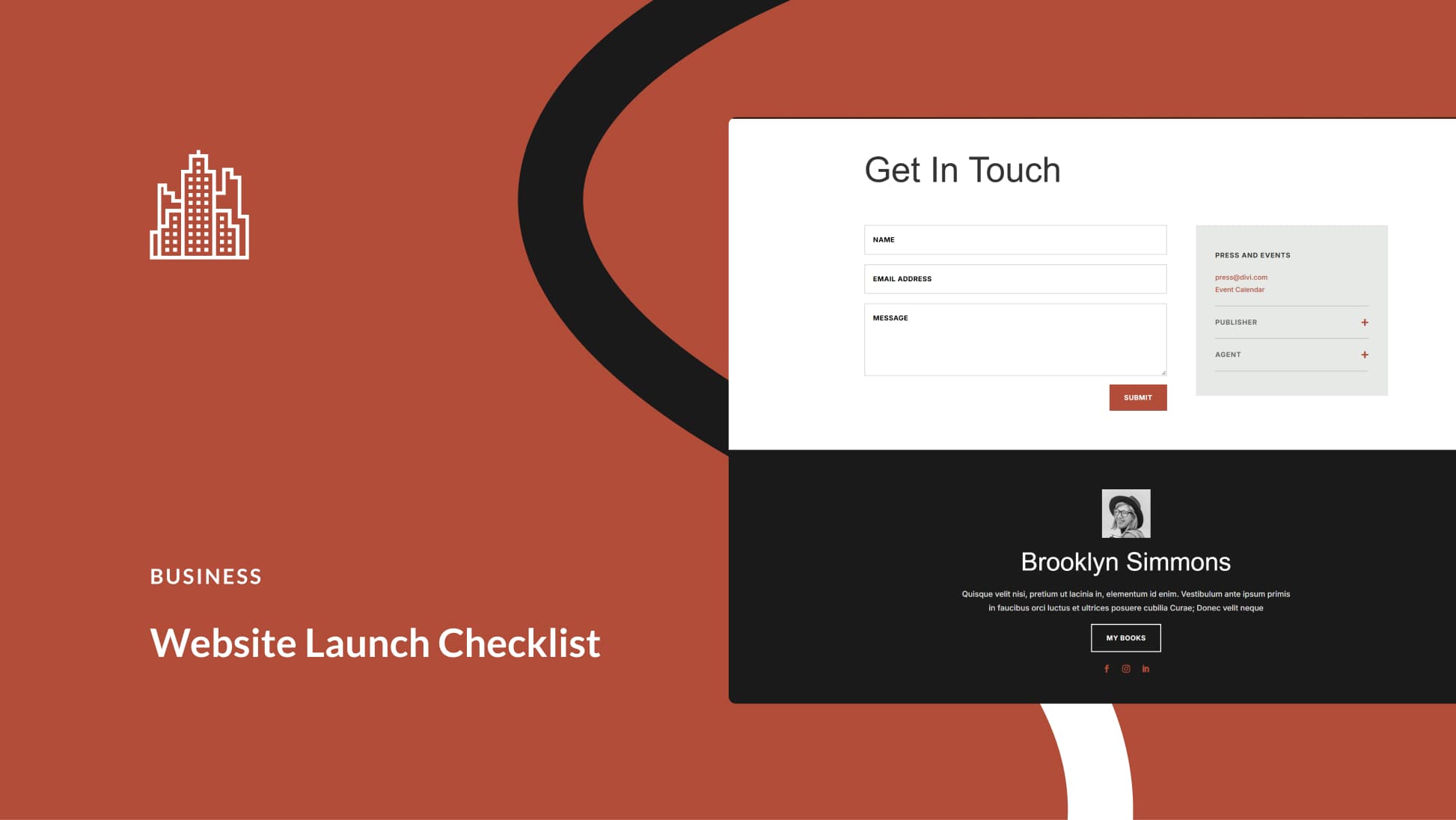The biggest react vs. respond writing challenge I’ve ever faced was in a DM with my ex-roommate. She was wordy and angry, insulting and dramatic. My thumb hovered over the keyboard and I willed myself not to type. “Stick with the plan,” I told myself. From the get-go, my intentions were to clear the air and move on. Defending myself, arguing about details and repairing the friendship were not on my list. Instead of meeting her words with a flurry of my own, I kept my responses short and to-the-point.
That story packs itself nicely into one paragraph, but that situation went on for three days – three whole days to come up with about five sentences. Five calm sentences.
Stopping yourself when you’re fired up and ready to fire back is an extremely hard thing to do, in personal life as well as in business. Emotions are high, you want the problem over with and that upsetting comment is lingering there, taunting you, tempting you to smash it with a comment of your own.
Whether it’s an ongoing issue or a one-time conversation gone bad, this type of react vs. respond communication obstacle is exhausting. It can knock your energy right out of your body, make you question everything you know about your career and leave you with a stress-induced eye twitch.
In the spirit of halting a problem in its tracks, I’m going to start with the takeaway: waiting to respond will have a better outcome than reacting in-the-moment. Your rival will still be there when you’re ready to reply. Let cooler heads prevail.
React vs. Respond: Which to Choose?
Reacting is…
Emotional. Aggressive and defensive. Tense. Fast and sub-conscious. Unaware of the long-term consequences.
Responding is…
Soothing and non-threatening. Constructive. Conscious and self-aware. Considerate of everyone’s well-being.
When it comes to the “react vs. respond” debate, responding is clearly better. Your choices aren’t neutral – they’ll either improve a situation or make it worse. Reactions lead to more reactions, while responses lead to discussions and solutions.
Wait Before You Make a Decision
Articles on responding vs. reacting will give you touchy-feely checklists of what to do before you react. “Acknowledge that you’re angry. Forgive yourself for your feelings.”
You’re seeing red, though. That person just said that infuriating thing. Your head is radiating heat and your mind is swirling. Are you going to breathe deeply, meditate, journal it out and then talk to yourself in the mirror? I didn’t think so.
I’m going to simplify this for you. The one and only thing you have to do when you’re triggered and ready to blow is just wait. Wait and scream, wait and cry, wait and call your mom to complain, whatever. But wait before replying.
What happens if you don’t wait to reply?
- The email you sent has the wrong “your,” you haven’t used any punctuation and you look entirely unprofessional.
- You say “yes” when you mean “no” (or “no” when you mean “yes”). You agree to things or turn down opportunities without giving them the time and thought they deserve.
- Points that you meant to make, that are meaningful and helpful to the conversation, are left out.
- Professional relationships may be severed. Or, you may be so quick to beg for forgiveness that you repair a relationship you don’t actually want.
What happens if you do wait to respond?
- You assert yourself in a way the other party respects. You get what you want and they get clear on your boundaries.
- The issue is dealt with and ends swiftly, no back-and-forth necessary.
- A professional relationship that you value is salvaged or one that’s run its course is professionally ended.
- You set an example (and even guidelines) for the rest of the team to follow.
Whether you reply immediately or give the situation room to breathe, you’re building a habit and solidifying your go-to reaction. If you opt to wait, you’ll train yourself to always wait in these situations. Eventually, allowing for that cool down period will be your involuntary reaction.
Consider this, too: you don’t want to be the person who’s unpredictable. Successful CEOs of major businesses get fired because they lose it and fly off on a Twitter rant. “I never know how he’s going to react,” isn’t the mark of an admirable businessperson. When you choose responding vs. reacting, other people know they can rely on you to stay professional.
Crafting the Perfect (or at Least “Better”) Response
1. Revisit your values.
Remind yourself of your goals and intentions. Think about the attitude you want to have in life in general, not just in this one interaction. This will help you separate what’s important from what’s not.
2. Put the situation in context.
Now’s a good time to get super honest with yourself. What’s going on here? Is this a situation you truly care about and should care about? Can you walk away from this one without any business repercussions?
And here’s the hardest one, the question that requires a dose of truth serum: does the other person have a point?
There’s nothing harder – or more productive – than sifting through the vitriol to uncover a useful tidbit. If it’s beneficial, tell them they’re right. Either way, fix the problem for your own future.
3. Write a draft.
Write out your impromptu response, but do not send it. If the comment doesn’t require a response, throw that draft out once it’s out of your system. If you need to send something back, pull up a second document and rewrite your initial response, this time keeping your brand and voice in mind. Who do you want to be in this exchange? How do you want to come across? What would you write if all of your customers, clients or co-workers were reading it?
It’s still not time to send the second draft. Wait for a bit – you’re probably worked up again after revisiting the situation. Give it an hour or a day, then reread it. Revise it as much as you need to in order to stay in line with your goals.
Responding vs. Reacting in Common Business Scenarios
Dealing with touchy business communication gets increasingly hard the more “live” the conversation is. Here’s how to handle negative comments whether the person’s online or right in front of you.
Blog Comments
In my opinion, the negative blog comment is the easiest one to handle, both emotionally and response-wise. The resolution can go one of two ways. If it’s obvious the commenter didn’t read or understand the article, let it go. No response (or stress) necessary. Commenters who clearly read the article but have something negative to say about it or your business in general may have a point. Take a day to consider it. If they do have a point, decide which changes have to be made. Post a response that shows you agree with what they said and that you’re taking steps to fix the problem. (If they don’t have a point, you can still post a response to acknowledge the comment, but keep it neutral.)
Want to show off a bit? Check out our article about highlighting your blog’s best comments.
Emails
Emails are trickier – they’re more personal and there’s an expectation of a quick response. Here are a few tips that work for me:
- If you feel like a not-so-great issue is on the horizon, avoid checking your email if you know you won’t have the mental energy or actual time to deal with it. For example, if I have an important deadline and I predict another client is going to send me a bothersome email, I’ll pause my inbox for the afternoon. This completely removes the react vs. respond debate.
- Don’t reply on your phone. Even if you’ve let some time pass and you know what you’re going to say, your response is important. Mistakes slip by so easily when you’re writing and proofreading on a tiny screen.
- Think about what you need to get down in writing. It’s common for emotions to run high during negotiations – money and legal issues can bring out a person’s edge. Remember that this is business, keep it professional and err on the side of being thorough instead of vague.
Live Messaging
Remember that DM conversation I told you about at the beginning of the article? Instagram’s read receipts made it difficult to pause between responses – I’d read and then take time to think, but she continued firing, assuming I wasn’t going to respond because I hadn’t said anything yet. In business, you can’t delete the barrage of messages without reading them, like I did. You have to face the music.
You have a few options, and the one you choose will depend on how difficult the conversation has become and your relationship with the person. You can stop reading what they write for now and respond later on; set your status to away; or say something simple like, “I need to take some time to think this over. I just wanted you to know that I’m not ignoring you. I’ll be in touch later this week.”
Phone Calls or In-Person Conversation
When you’re on a phone call with someone or talking to them in person and they say something that knocks you off balance, you have to think fast in order to reply sensibly. If the comment or criticism is something you’ve heard before (I get a lot of, “Oh…and you make a living just…writing?”), you’ve probably figured out a direct, un-defensive way to reply. Otherwise, though, you have to come up with something on-the-spot.
First, you can’t turn on your heel and walk away, then call the person up in a week with the perfect response, but you can take a few seconds to think. Don’t rush to fill in the pause. Second, saying, “I’m not sure how to respond at the moment,” or, “I need to take some time to think about that,” is perfectly acceptable.
If you have an idea of what the conversation is going to be about – for example, you have a 30-minute consultation with a potential client – decide what you are and are not comfortable talking about before getting on the call. That way, you won’t be pressured into giving a price quote or agreeing to terms you’re not comfortable with. “I’m not able to give you that information right now, but I’ll work up a plan and email you by the end of the week,” gives you the time you need to form a response. Responding vs. reacting is easier when you go in prepared.
You’ve Got This
Your subconscious mind, the one that reacts instead of responds, has some pretty great stuff going for it. It’s energetic, intuitive and a risk-taker. But it has to chill out in order to harness all that power and make good decisions. The point isn’t to deny your emotions, but to balance them with logic.
You’ll probably never say, “I should’ve reacted faster! I wish I hadn’t thought that through!” Picture yourself in the future to see the consequences of your choices – the ones you want to make right now when you’re still angry, as well as the other choices that have better outcomes.
You’ve mastered responding vs. reacting. You’re a self-discipline machine now. Check out this article about why that’s so important.









Thank you for this to the point strategy guide, Lindsay. Absolutely perfect timing. I’ve been contemplating the utility of social media for training myself to respond rather than react. It has (and is) a useful training ground for developing these crucial life skills.
Thanks so much, Heather! “Absolutely perfect timing” is music to my ears 🙂 Social media is such a good place to practice – it’s like dodging reaction-provoking bullets!
Great article Lindsay. I loved it. Our ego wants to come straight forward and take over. Take this for what it’s worth and this is probably too deep for the audience…
I work as a life-transformation guide here in Sedona where I see hundreds of clients per year. I have found that when we react, we judge and we’re judging ourselves. Ancient Toltec wisdom describes how others are only reflecting back to us something that we have judged about ourselves. Sooo, so this scenario stops coming back, I teach my clients to look at what the reaction was about (“It made me feel unheard/scared/like a child…”) so it that it can be cleared and healed. Anyway, I’m done now. 🙂
Thanks so much, Daniel! And I completely agree with what you said – our reactions are a mirror. Sometimes the hardest thing to admit is that the other person has a point.
P.S. Sedona is one of my favorite places!
“You’ll probably never say, ‘I should’ve reacted faster! I wish I hadn’t thought that through!’ ”
That is the best line in this article, which just happened to come at exactly the right time for me. Thanks!
That was fantastic!
I’m so glad, Carol, and thank you for the comment!
I loved this article! On Friday I had a rough day and wanted to fire a client/friend so BAD.
I wrote this angry email and before I hit send I showed it to my boyfriend and my bff (that is friends with my client as well). And they both told me to back it off a bit haha.
Just try to reply in a professional manner, don’t do anything that would harm you, your business or your relationship with her, and then reply on Monday.
That’s what I did. Well, I haven’t tell her I want off, but at least I’m not as angry as I was on Friday, and I have my head much more clearer.
This was a great article, thank you so much!
Hey Mica – Thanks so much for the comment. Having a friend who’s also a client (or vice-versa) is tough!!! Hoping your situation is a bit better now. And I love your “reply on Monday” advice – totally agree.
This was a great article for so many aspects of life. Thanks for taking the time to write it!
Thanks Diane, glad you enjoyed it!
Hi Lindsay, some really great advice. I think the recommendation that resonates most with me is to wait before replying. Even if you think you are being logical and structured, if you fire something off quickly and without enough thought it is likely that you will end up being too reactionary and emotional. Also, if you wait for a few hours before responding then the other person will also have time to calm down.
Yes, absolutely. Even when I think I’m being clear and thorough, I almost always regret sending an email quickly if I’m emotional in some way – either excited or angry. I always go, “Ugh, I should’ve said it this way…”
I think this advice should be part of every company’s communication policy, even though it clearly goes beyond business etiquette. It’s hard to remember when interacting with clients, partners, employees, vendors, etc, that – at the end of the day – you are both in a professional encounter and there shouldn’t be too much room for emotions and drama on either side. Take it like a stoic.
Thanks for your comment, Darla! Agreed!
Thank you for this Lindsey. Firing off impulsively (and reactively) always gets me in trouble.
I appreciate your specific steps to diffuse the situation.
Some of us (myself included) have to learn the hard way 🙂 Thanks so much for your comment!
Interesting article, Lindsay. Thanks for writing! What’s your take on reversible vs. irreversible decisions, and how would you club them under responding/reacting? Because speed is also important in business and delaying your action can mean losing business!
Hey Chintan – Excellent questions (maybe worthy of an entirely different article). My short-and-sweet reply is this: when I’m faced with something that could lead me to react in a negative way – negative for me, negative for them, or probably both – my first thought is, “How do I feel about this relationship?” If I value it and/or want to keep it, that will guide how and when I reply, i.e., calmly, flexibly and quickly (within 24 hours). If I’m not interested in keeping the relationship, I’ll take more time and even more risks with my response.
I was very impulsive and I struggled to respond calmly to provocations, which are always a source of stress. Training is never enough for me. Thanks Lindsay for reminding me and for precious links suggested in your article.
You’re welcome, Maria! Good luck! The beautiful thing about handling impulses is that you simply do nothing. (Simple doesn’t mean easy, but it’s a start.)